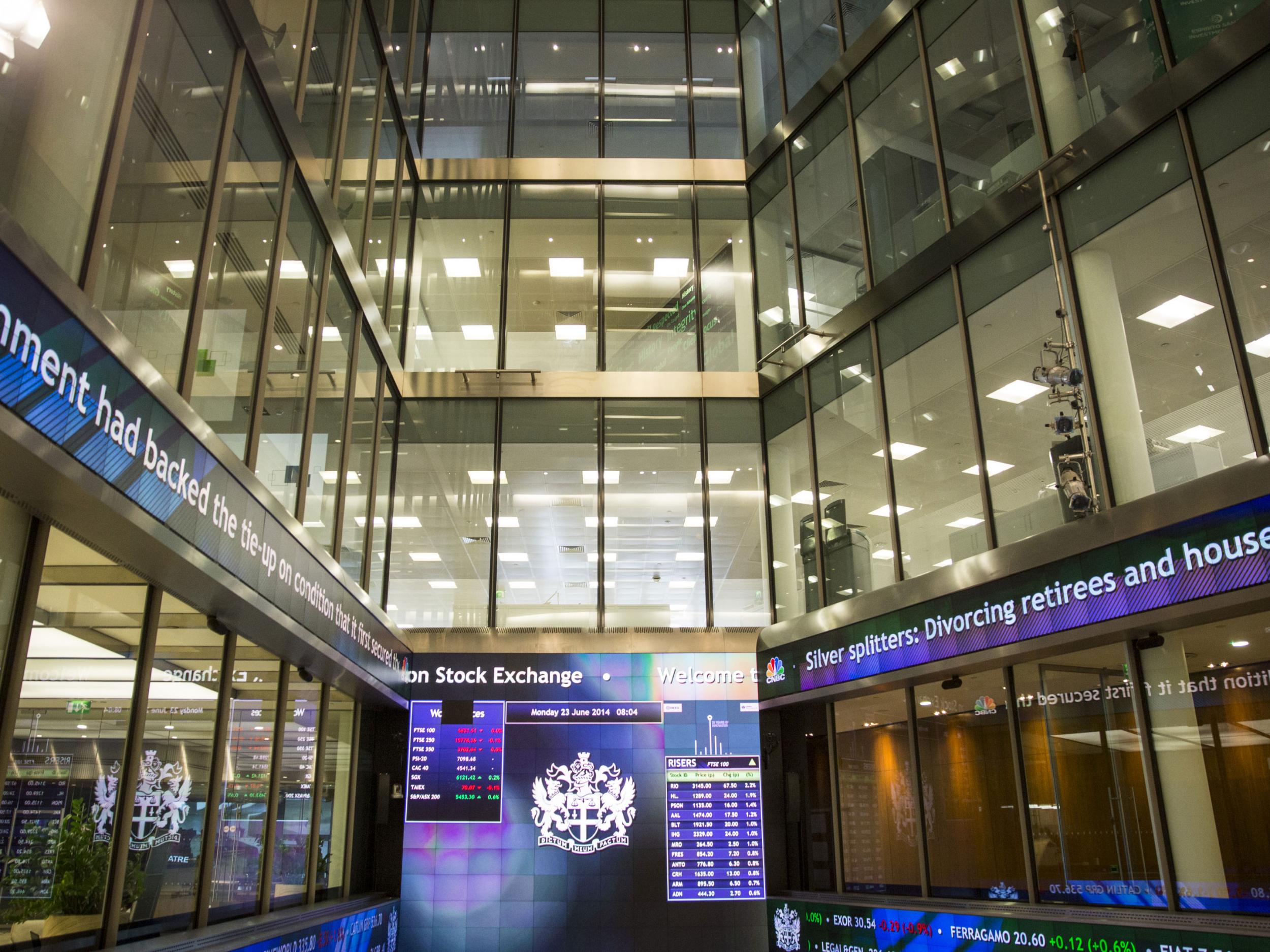Worldpay value hits £5bn on market debut
Worldpay traces its history back to 1989, when it was an electronic payments firm known as Streamline

Your support helps us to tell the story
From reproductive rights to climate change to Big Tech, The Independent is on the ground when the story is developing. Whether it's investigating the financials of Elon Musk's pro-Trump PAC or producing our latest documentary, 'The A Word', which shines a light on the American women fighting for reproductive rights, we know how important it is to parse out the facts from the messaging.
At such a critical moment in US history, we need reporters on the ground. Your donation allows us to keep sending journalists to speak to both sides of the story.
The Independent is trusted by Americans across the entire political spectrum. And unlike many other quality news outlets, we choose not to lock Americans out of our reporting and analysis with paywalls. We believe quality journalism should be available to everyone, paid for by those who can afford it.
Your support makes all the difference.Worldpay’s valuation raced past £5bn as institutional investors lapped up the payments processing giant’s shares on its stock market debut.
The company, which floated at 240p a share, finished the first day of conditional dealings – when only institutional investors can trade the shares – 25p, or 10 per cent, higher at 265p, valuing Worldpay at £5.3bn.
The float, by far the biggest this year on the London Stock Exchange, saw its private equity owners Advent and Bain Capital and senior management pocket more than £1.2bn as their combined shareholding was cut to 48.7 per cent. Chief executive Philip Jansen, who joined two years ago, cashed in £22.5m in the share sale, with other top executives also pocketing multi-million pound cheques.
Management are also in line for a payday as they own special shares giving them the right to 90 per cent of the proceeds should the company sell its 6 per cent stake in Visa Europe, estimated to be worth just under $1bn. Visa is in talks with Visa Europe to merge the businesses.
Mr Jansen said: “We welcome our new investors and thank them for the strong interest they have shown in the offer. We look forward to developing as a public company and all the opportunities this will bring.”
The Prime Minister, David Cameron, said: “It’s fantastic news that Worldpay has listed on the London Stock Exchange today – the largest ever UK FinTech initial public offering. This shows real confidence in our long-term economic plan and helps cement London as the world’s leading location for this sector.”
Worldpay traces its history back to 1989, when it was an electronic payments firm known as Streamline.
It became RBS Worldpay after being bought by Royal Bank of Scotland in 2002 before the bailed-out bank was forced to sell it in 2010 to Advent and Bain to comply with European state aid rules. The pair reportedly turned down a £6.6bn bid from French rival Ingenico earlier this year.
Worldpay, which processed 11.5 billion transactions last year worth almost £370m, saw underlying earnings rise 13 per cent to £182.6m in the first half of 2015 on revenues of £1.94bn, up from £1.72bn the year before. However, the group only made a minimal profit as it invested heavily in technology.
Sir Michael Rake joined Worldpay as chairman last month and is expected to relinquish his role as deputy chairman of Barclays in the coming weeks. He bought £200,000 worth of shares in the listing, according to the prospectus. The company is expected to recruit another non-executive director to comply with the corporate governance code as Mr Rake, currently on the remuneration committee, is not considered independent.
The group said last month it expects to return 20-30 per cent of annual profits to shareholders in dividends.
Join our commenting forum
Join thought-provoking conversations, follow other Independent readers and see their replies
Comments